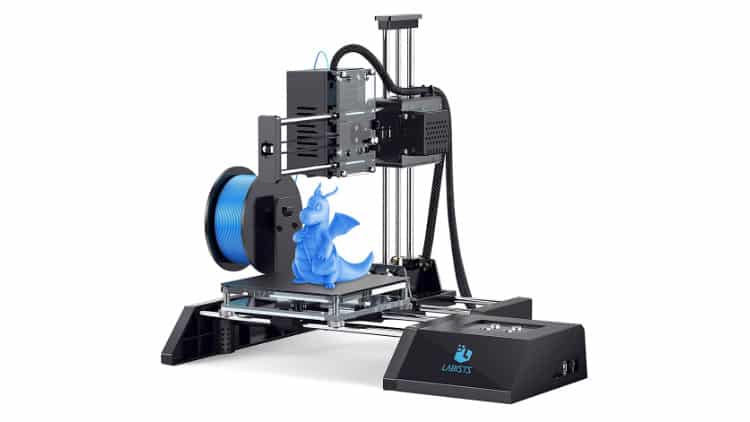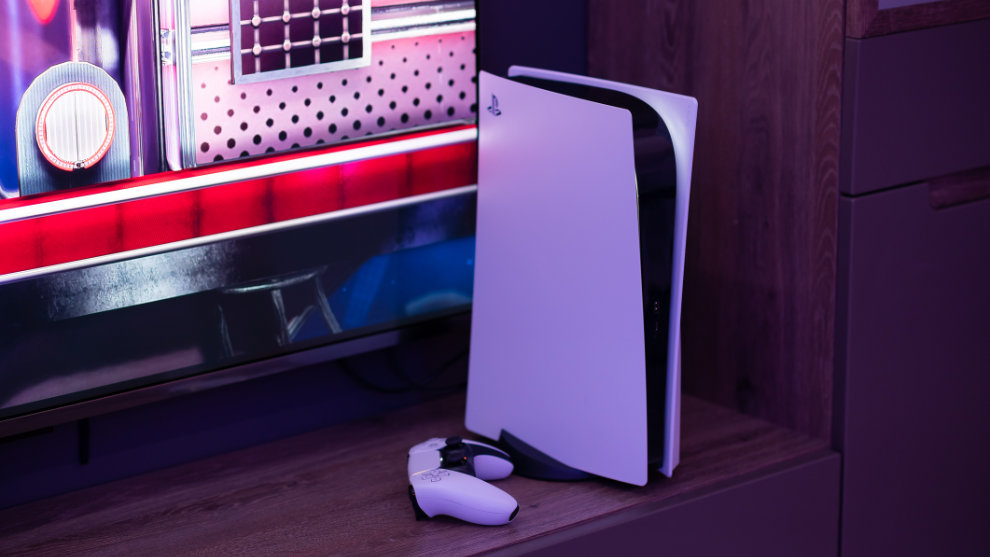4G, 5G, ADSL, Fiber: test the speed and speed of your Internet connection
Your connection is quite good, but it sometimes experiences some slowness. Whether it’s your mobile in 4G/5G or at home with your box, you would like to know what your Internet speed is. After all, your ISP or carrier sold you a subscription or plan, but you don’t know exactly what those speeds and numbers are. We will shed some light on you…
A Bit Story
The speed of an Internet connection is defined by its downward (download) and upward (upload) speed. These two sides of the same coin are calculated in Mb/s or Megabits per second. This is where you shouldn’t get confused between Megabits (Mb) and Megabytes (MB) close to MB. Basically, 8 Mb = 1 MB = 1 MB. In short, if you want to know your Internet speed with a unit of measurement which is familiar to you, it will be necessary to divide by 8. A speed of 80 Mb/s corresponds in fact to 10 Mb/s or 600 Mb per minute: the equivalent of a CD. Count less than 8 minutes to download a DVD.
CDs, DVDs? Okay boomer.
The Fantasia movie on Disney+ weighs 878 MB, so it will take you 1.5 minutes to retrieve the file with this speed.
The average flow rates observed
Testing your connection is good, but what are the average speeds observed?
- DSL
Even if fiber is supposed to replace ADSL, this type of connection is still ultra-majority in France. To have a suitable connection with HD TV, the bare minimum is 8 Mb/s, but the average is around 20 Mb/s. With VDLS2, peaks of over 90 Mb/s are measured. - Fiber
France is betting heavily on fiber and this technology should supplant ADSL by the end of 2025. up to 8 Gb/s under optimal conditions with the right hardware. For streaming in 4K, the minimum required remains around 25 Mb/s… - 4G
For 4G and 5G it is more complicated, because the results will vary depending on whether you are far or close to a relay. In theory, speeds range from 70 to 150 Mb/s for 4G, but LTE Advanced (or 4G+) offers between 650 and 900 Mb/s. In reality, speeds vary between 30 and 120 Mb/s. take into account network congestion, distances, buildings, etc. Count between 200 and 300 Mb/s for 4G+. - 5G
As far as 5G is concerned, it is even more disparate since it is not yet deployed everywhere and we often switch from 5G to 4G, etc. Ultimately, the theoretical speeds are very impressive: 1Gb/s or 1000 Mb/s.
To test your connection, we advise you to use the nPerf online tool below, but on mobile you will have more precise results with the dedicated app.
Before starting the test…
Start by stopping the downloads in progress on all your equipment and turning off your TV decoder. If you are using a PC, prefer an Ethernet connection rather than WiFi and close all your browser tabs. On a smartphone, close WiFi if you want to test 4G/5G or close the mobile connection if you want to gauge WiFi… It’s up to you!


